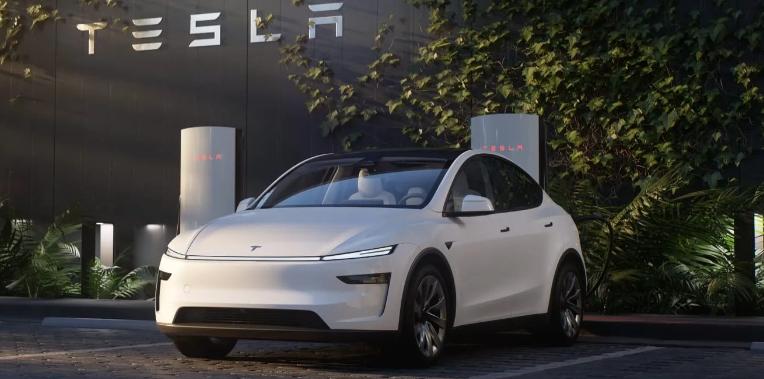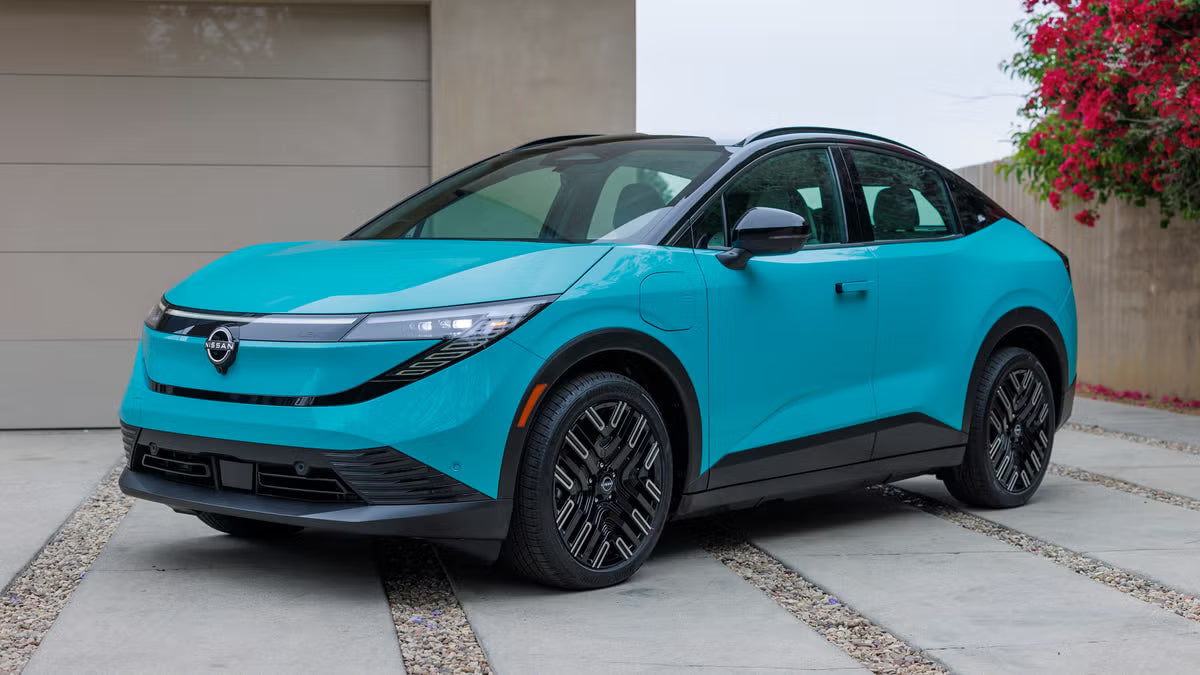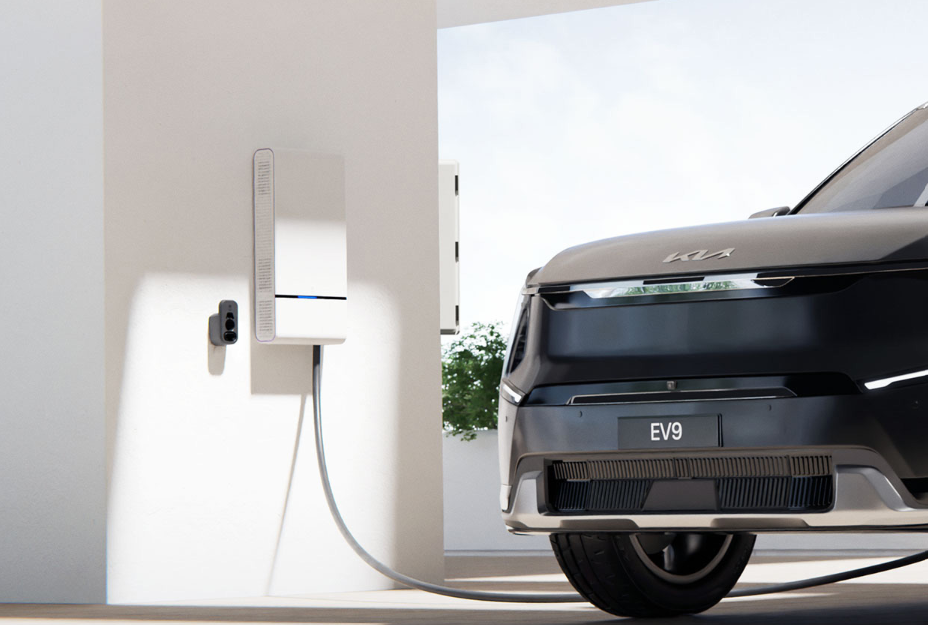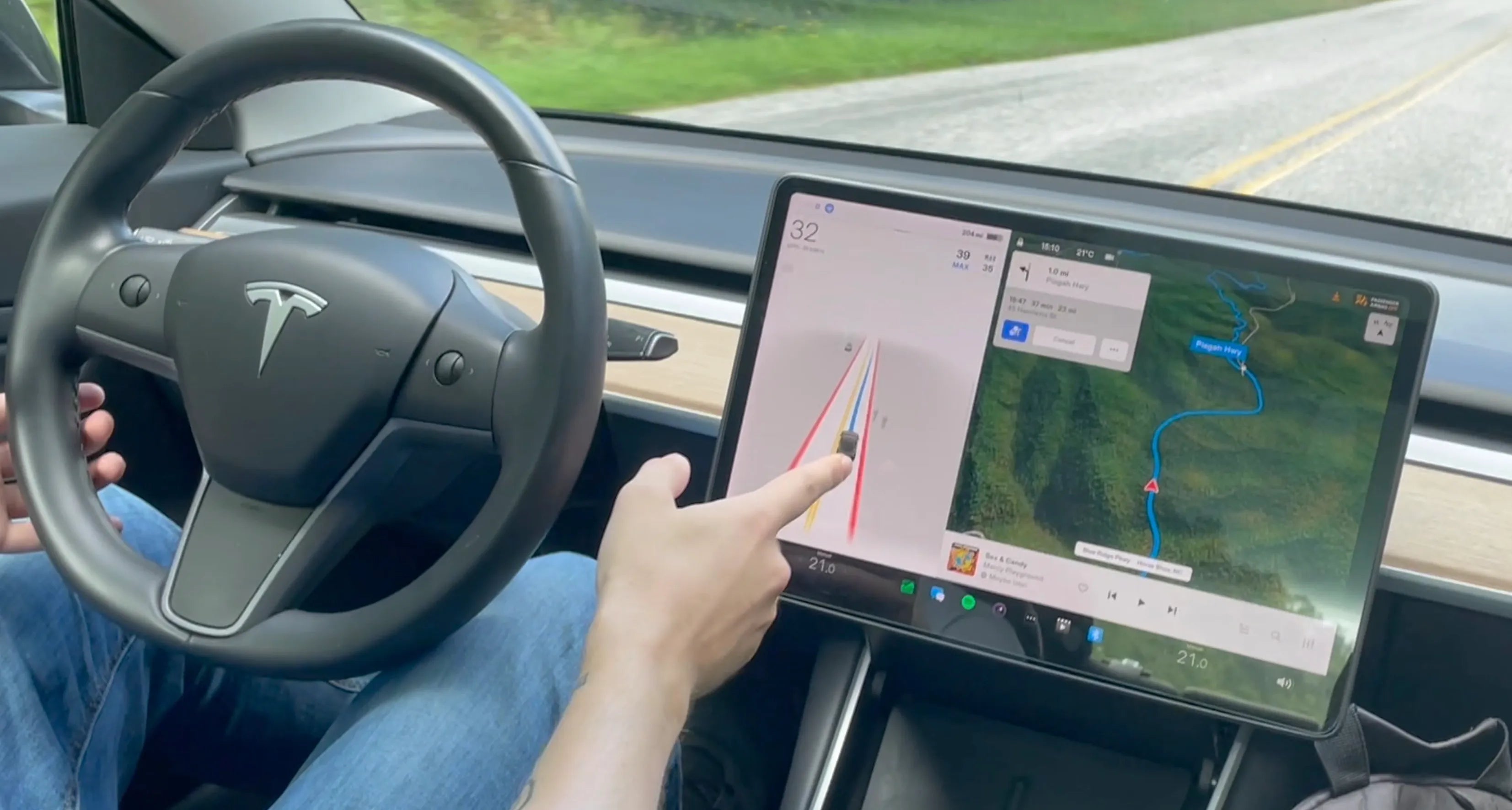Tesla CEO Elon Musk appears to have realized the devastating impact of President Trump’s newly signed “Big Beautiful Bill” (BBB) too late, according to a new report by the Financial Times citing former and current Tesla executives. The bill, which rapidly passed through Congress, is now threatening Tesla’s profitability, U.S. EV market position, and regulatory revenue streams.
Tesla Stock Plunges Amid Political Fallout
Tesla’s stock dropped 7% following the bill’s signing and Musk’s surprising announcement that he plans to launch a new political party. Musk claims the move stems from concerns over the ballooning U.S. federal debt—blaming both Trump and the GOP for driving it higher.
However, political analysts argue there is more to the story. Trump’s legislation removes several federal incentives that directly benefited Tesla. Among them: the widely used $7,500 electric vehicle (EV) tax credit, emissions credit trading mechanisms, and renewable energy incentives—all of which were crucial to Tesla’s growth and profitability in recent years.
The $7,500 EV Tax Credit: A Critical Blow
The BBB mandates the elimination of the $7,500 federal EV tax credit by September 30, 2025. Industry insiders predict this change will severely reduce EV demand in the United States. Given that Tesla is the leading EV manufacturer in the U.S., and the U.S. market has so far been relatively insulated from Tesla's recent global sales downturns, this move poses a significant threat.
A Tesla executive quoted by the Financial Times explained:
“There’s no question that Tesla will be hit harder than most. U.S. demand was the last stronghold.”
With the credit’s phase-out, Tesla is expected to front-load demand in Q3 2025. However, by Q4, sales may dip sharply, creating a potential revenue cliff.
The Collapse of the Emissions Credit Market
The bill also removes penalties for automakers failing to meet federal emissions standards. This provision effectively wipes out the regulatory credit market—another major pillar of Tesla’s financial health.
Tesla has historically generated hundreds of millions in revenue each quarter by selling regulatory credits to legacy automakers who failed to meet emissions compliance. Without these programs, Tesla’s financials could face a sharp hit. In fact, without these credits, Tesla would have posted a loss in Q1 2025.
While the company holds ongoing contracts for regulatory credit sales, some of these agreements contain clauses that allow termination if regulations change. According to a Tesla insider:
“There will be some level of credit trading until there is certainty … [but] the bottom has dropped out of the market long-term. Trump has done it so fast and with such ferocity that the entire programs might just go away.”
This development could eliminate up to three-quarters of Tesla’s regulatory credit revenue, based on internal estimates.
Musk’s Delayed Response: “A Day Late and a Dollar Short”
Executives familiar with Tesla’s internal operations say that Musk only recently became aware of the bill’s severe implications. One former senior executive was blunt:
“This is terrible policy and a devastating blow for Tesla’s bottom line. It’s not just about CAFE standards—it’s the whole package: tariffs, the $7,500 consumer credit, manufacturing tax credits, charging incentives, and solar credits. Elon has finally woken up, but it’s a day late and a dollar short.”
The criticism highlights how Musk’s focus may have shifted away from Tesla in recent years, particularly after acquiring Twitter (now X) and engaging in high-profile political battles.
Growing Risk of Retaliation
Musk’s public fallout with Trump may invite further political repercussions. Sources close to the White House suggest Trump is considering targeted measures that could further impact Musk’s businesses, particularly Tesla and SpaceX, in response to the formation of Musk’s new political party.
This deepening rift may put Tesla at the center of a larger political storm, one that could undermine investor confidence and complicate federal dealings, including regulatory approvals and contracts.
Electrek’s Take: Miscalculation with Consequences
Many observers have noted that Musk seemed unfazed by earlier threats to EV credits—at one point even saying that removing subsidies would “be good for Tesla.” In hindsight, that sentiment appears disconnected from financial reality. One commenter on Electrek wrote:
“I wondered at the time if Musk knew how money worked. Now that sales are crashing in Europe and slowing in China, the U.S. was Tesla’s lifeline. That’s about to change.”
Indeed, while Tesla’s international markets continue to soften, U.S. performance has been artificially supported by aggressive discounting and incentives. With the removal of key federal support, Tesla may face its first sustained profit pressure in years—especially in Q4 2025, when both credit revenues and EV incentives vanish.
Final Thoughts: Is Tesla Ready for a Post-Incentive Reality?
The Big Beautiful Bill’s fast-tracked implementation represents a pivotal moment not just for Tesla, but for the broader EV market in the U.S. It lays bare a key vulnerability: Tesla’s ongoing dependence on regulatory frameworks and subsidies despite branding itself as a technology-first, subsidy-free automaker.
Elon Musk’s delayed response and fragmented political positioning may cost the company dearly. More importantly, it raises questions about Tesla’s ability to navigate policy shifts, diversify revenue sources, and deliver sustainable profits without government backing.
As the dust settles, the industry will be watching to see if Tesla can weather a future without the incentives that helped make it a household name.
Recommended Reading: Tesla News








Share:
Tesla Ordered to Refund Full Self-Driving Fee After Failing to Deliver Functionality
Volkswagen Captures 46% of Germany’s EV Market, Leaving Tesla Behind